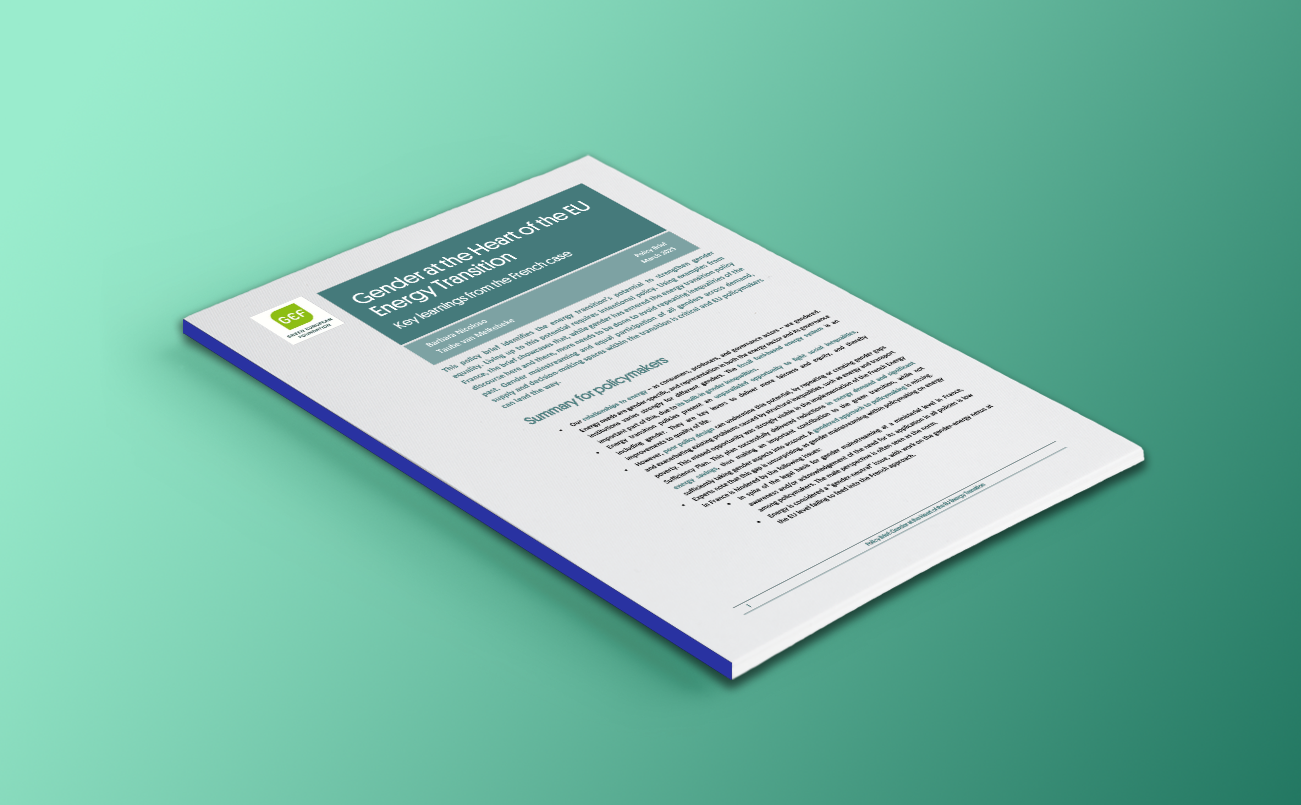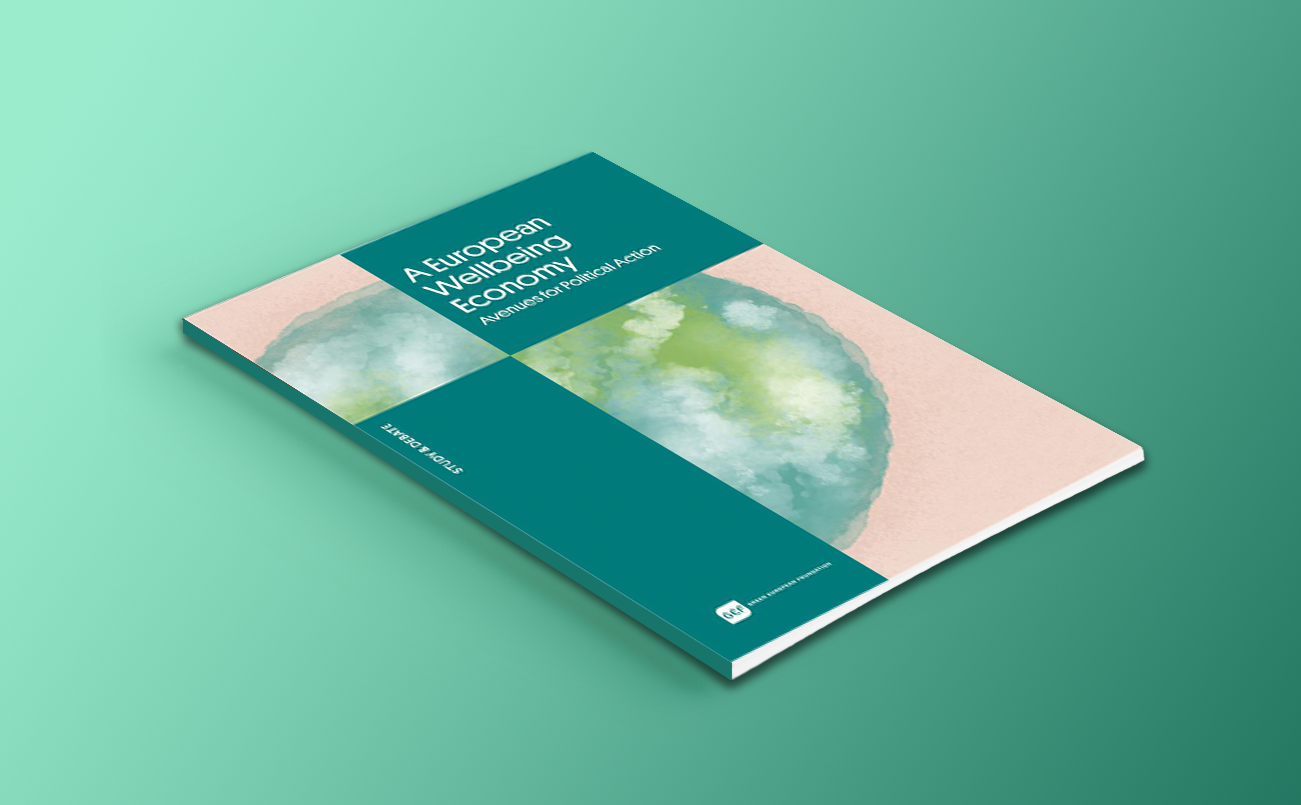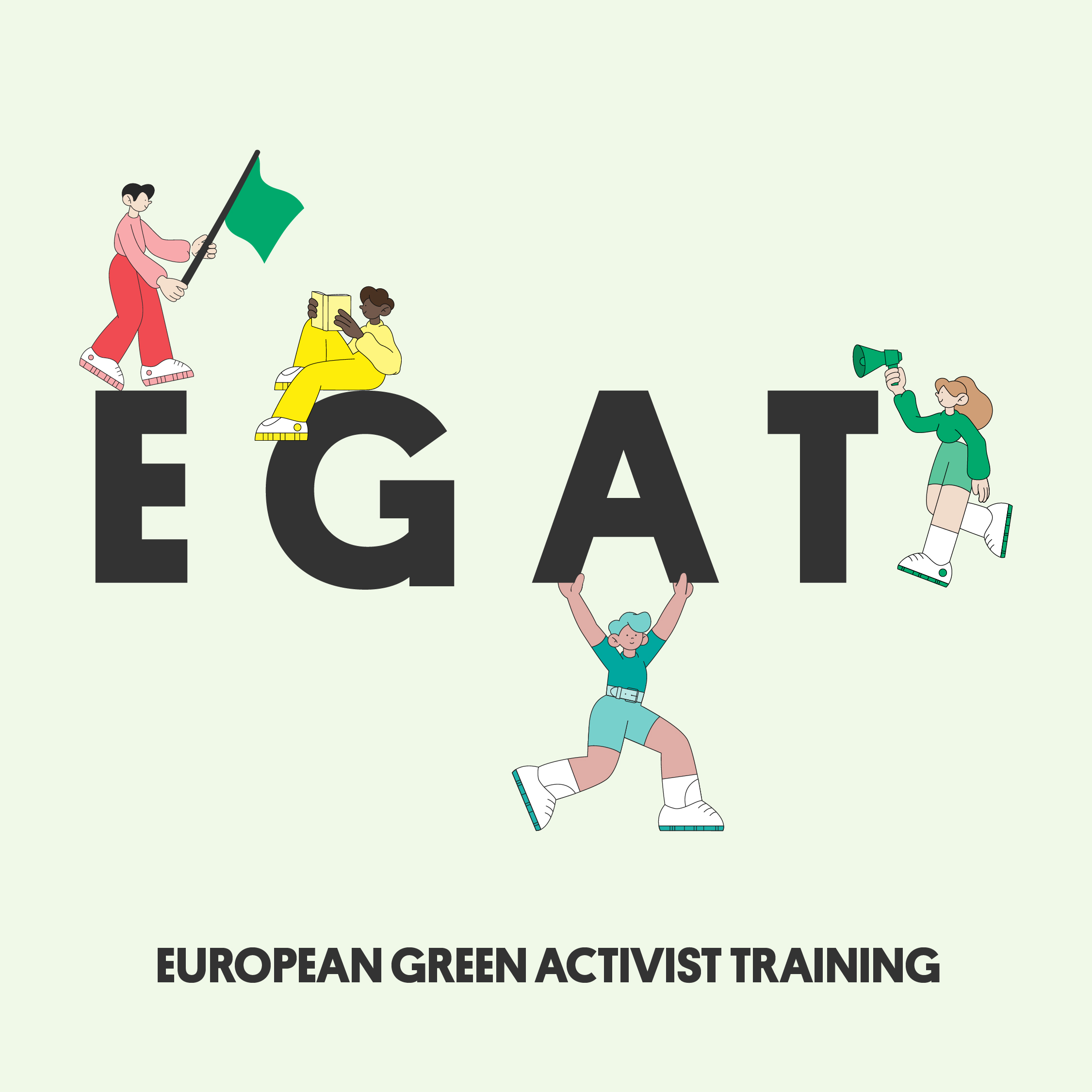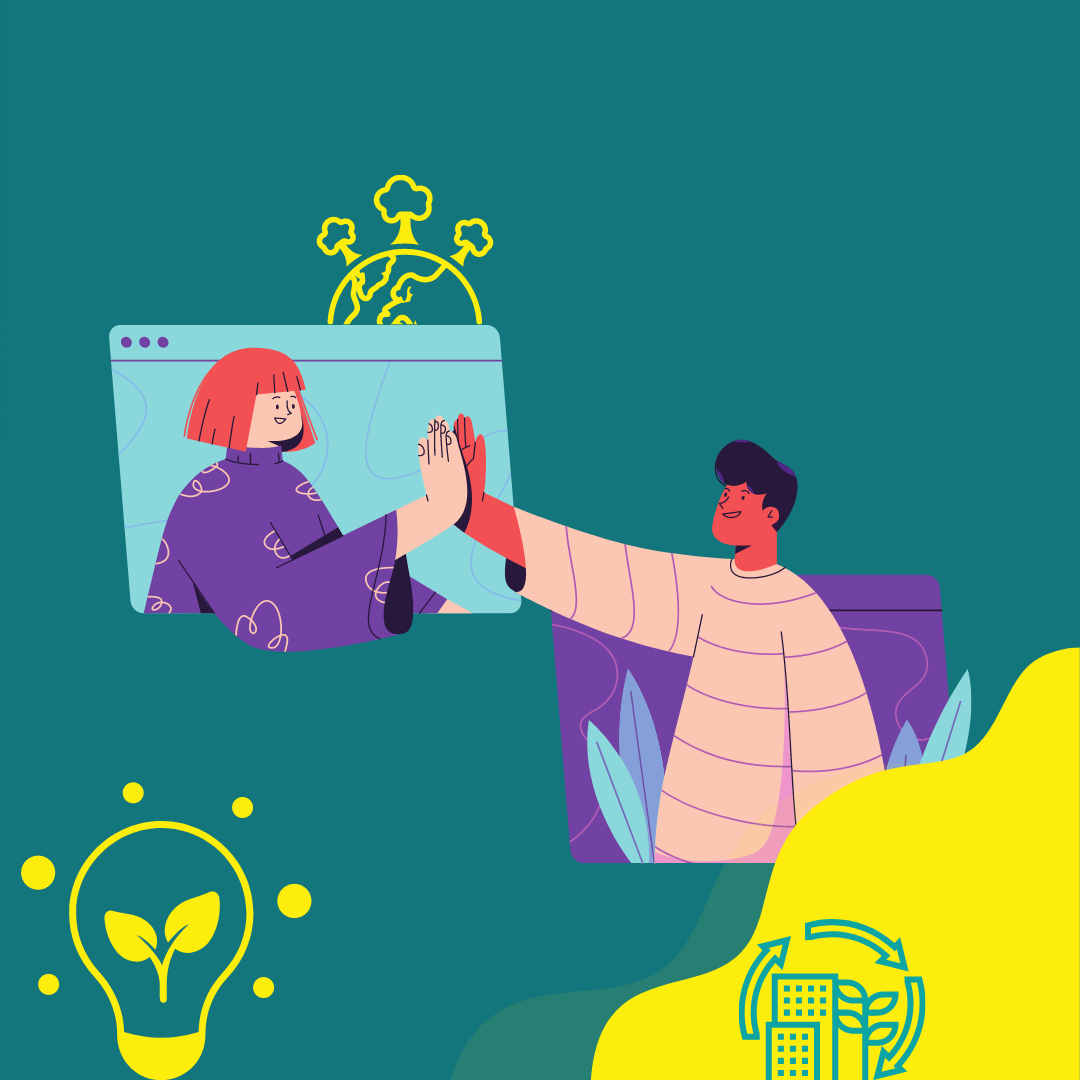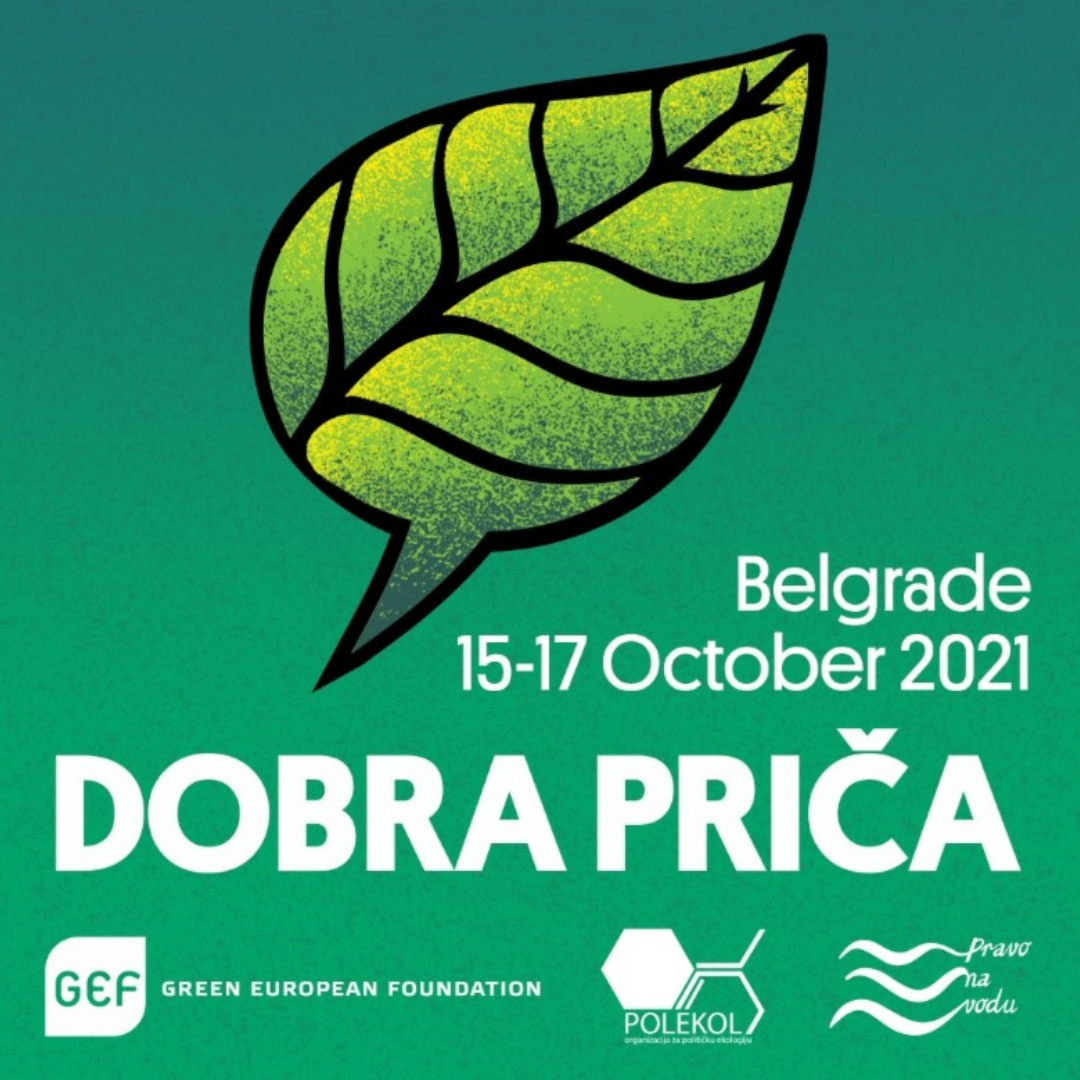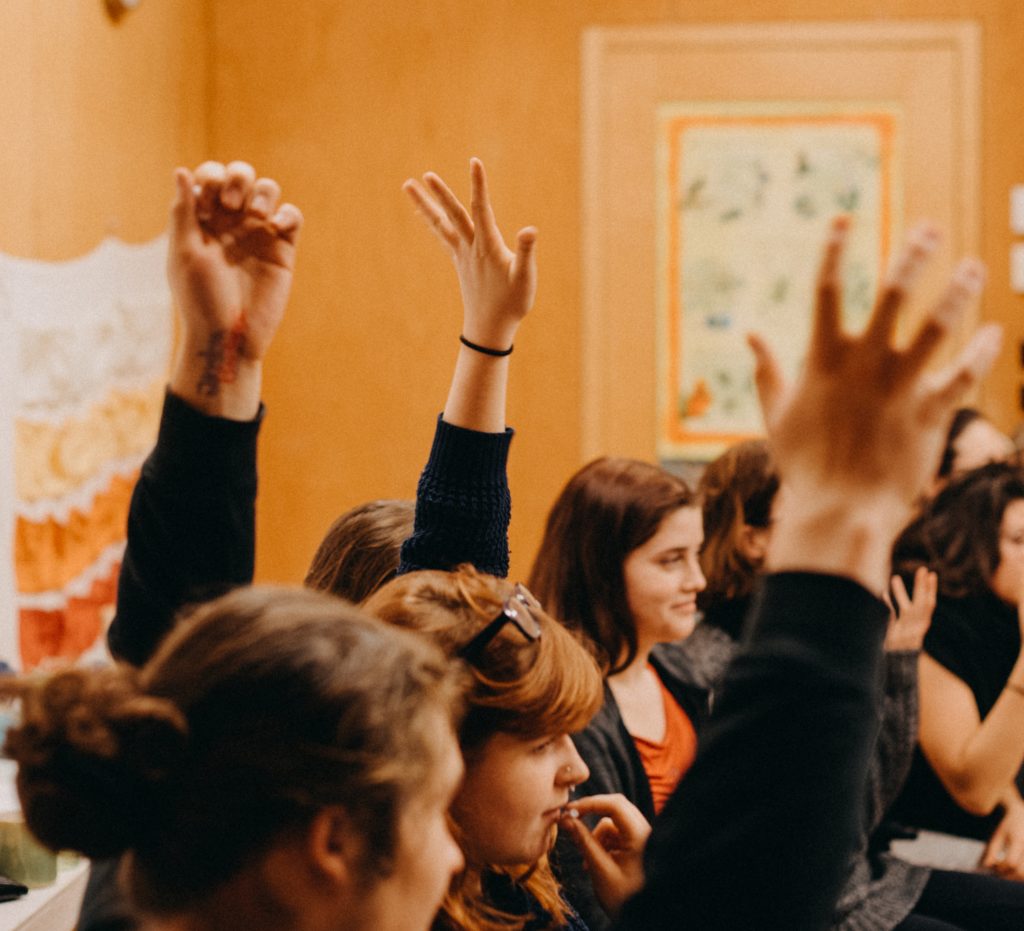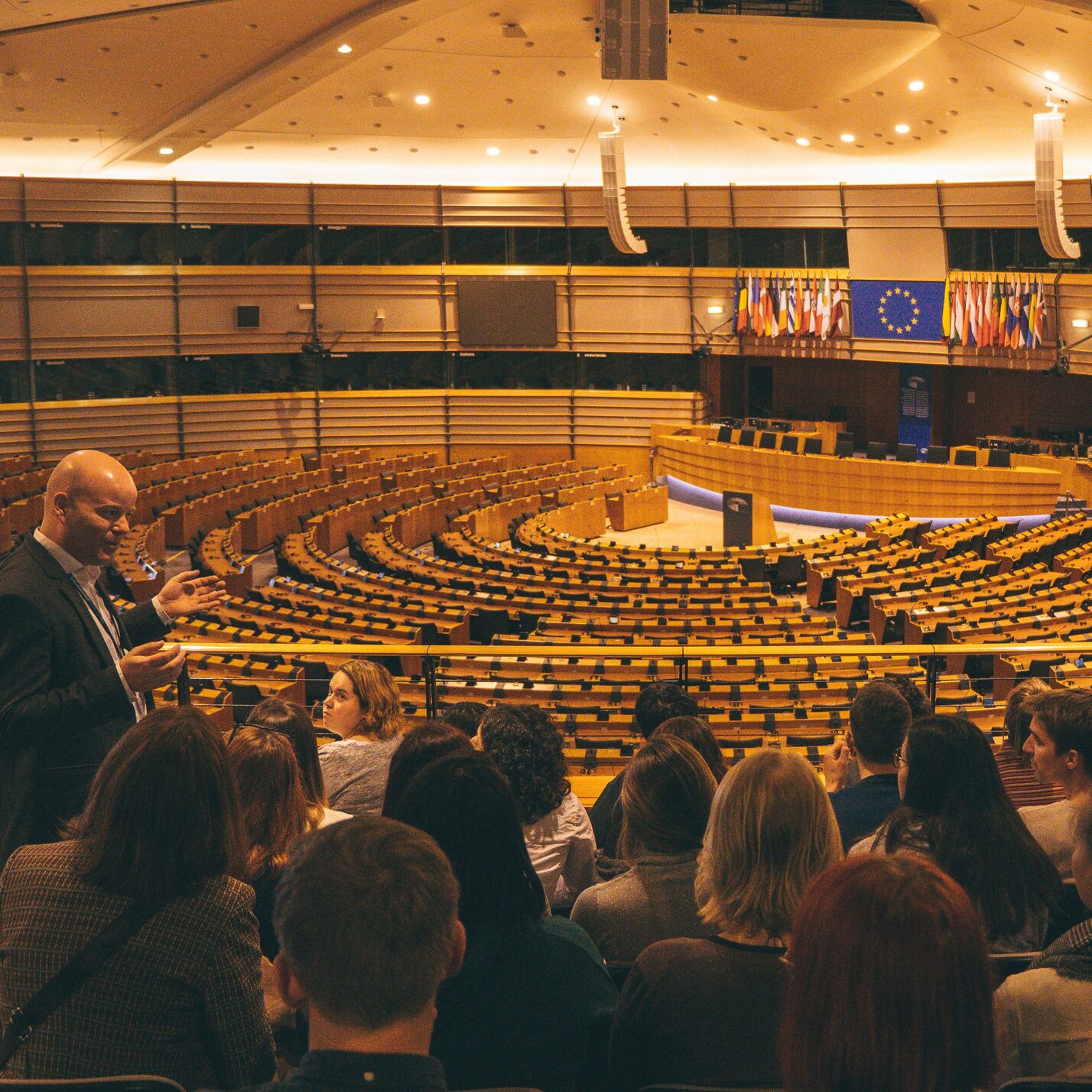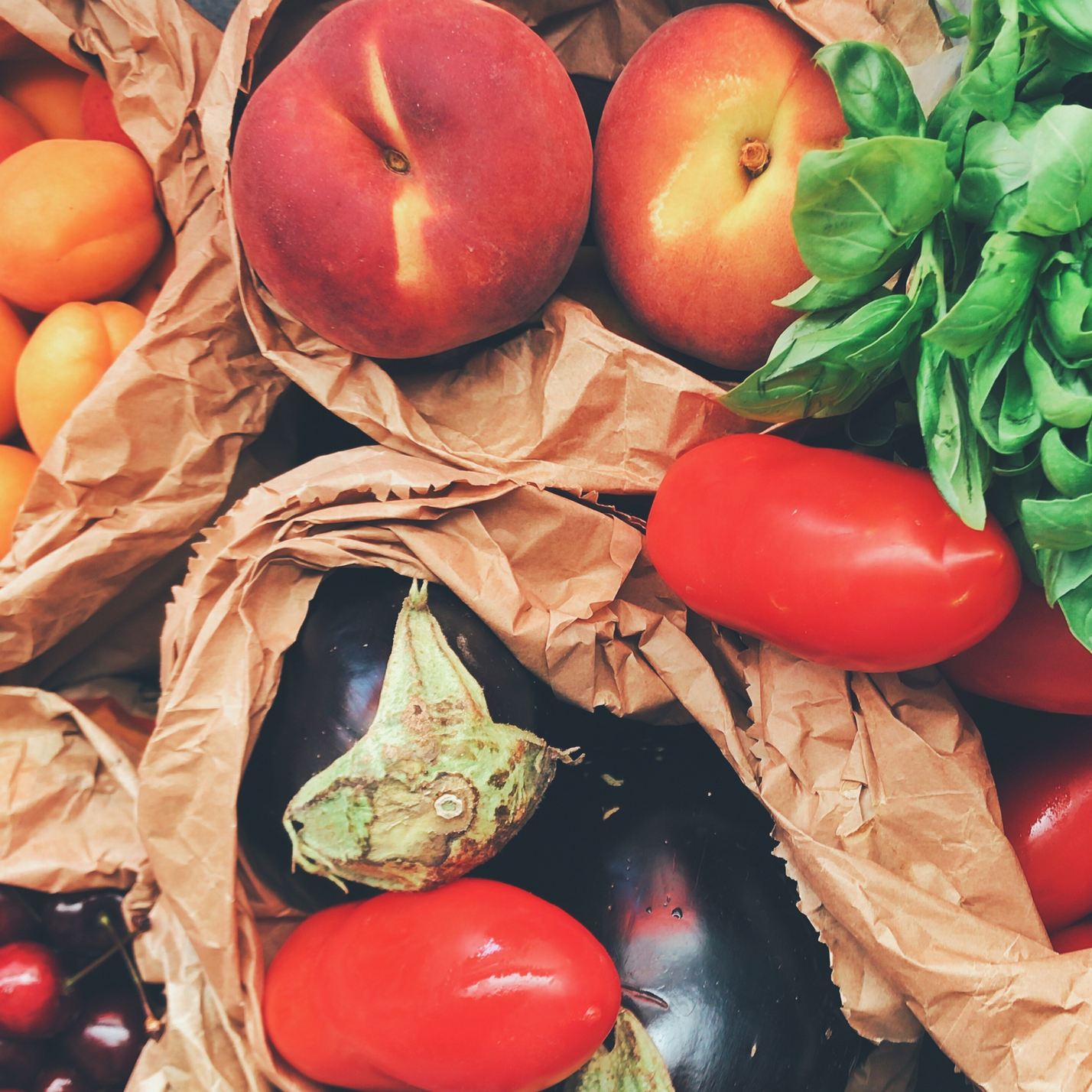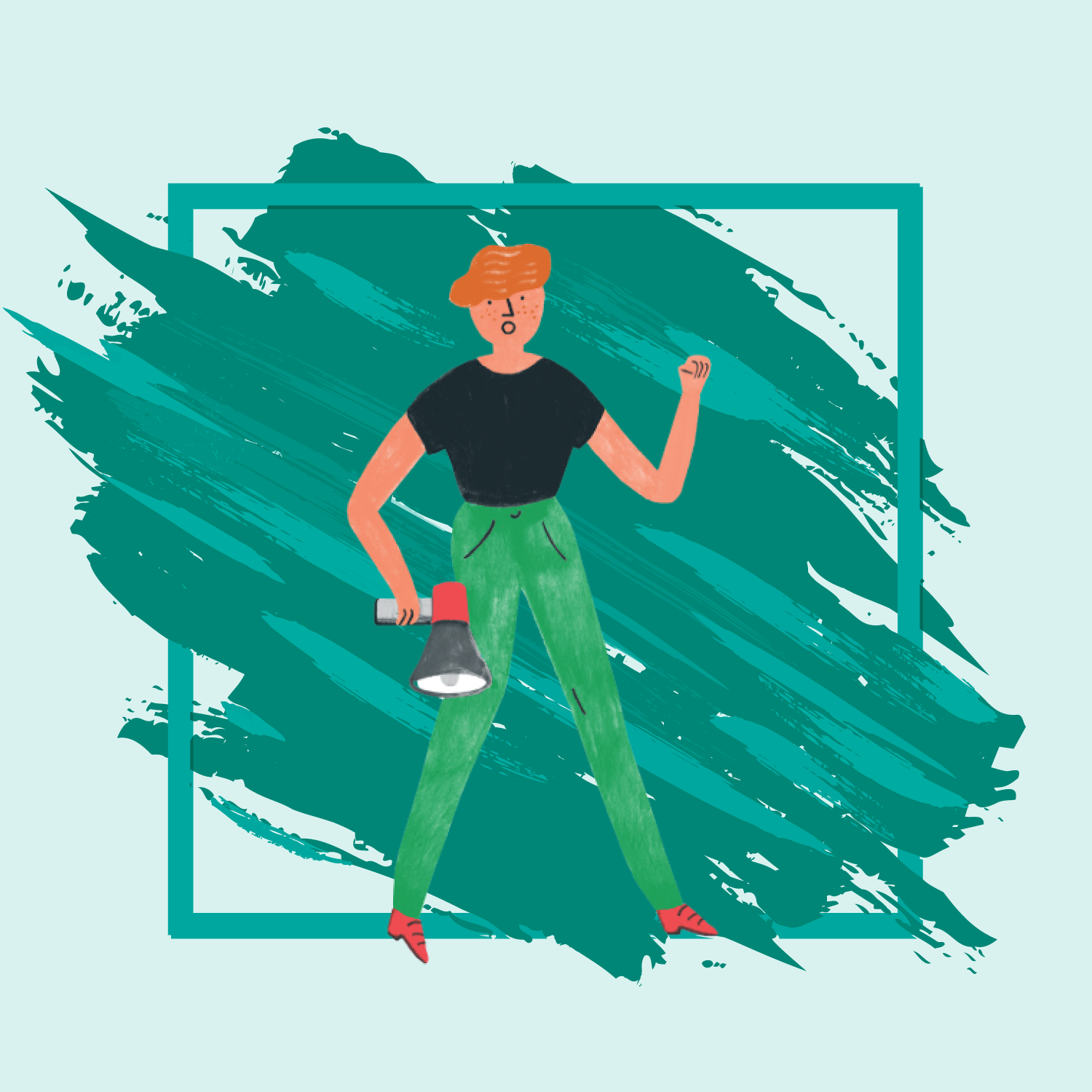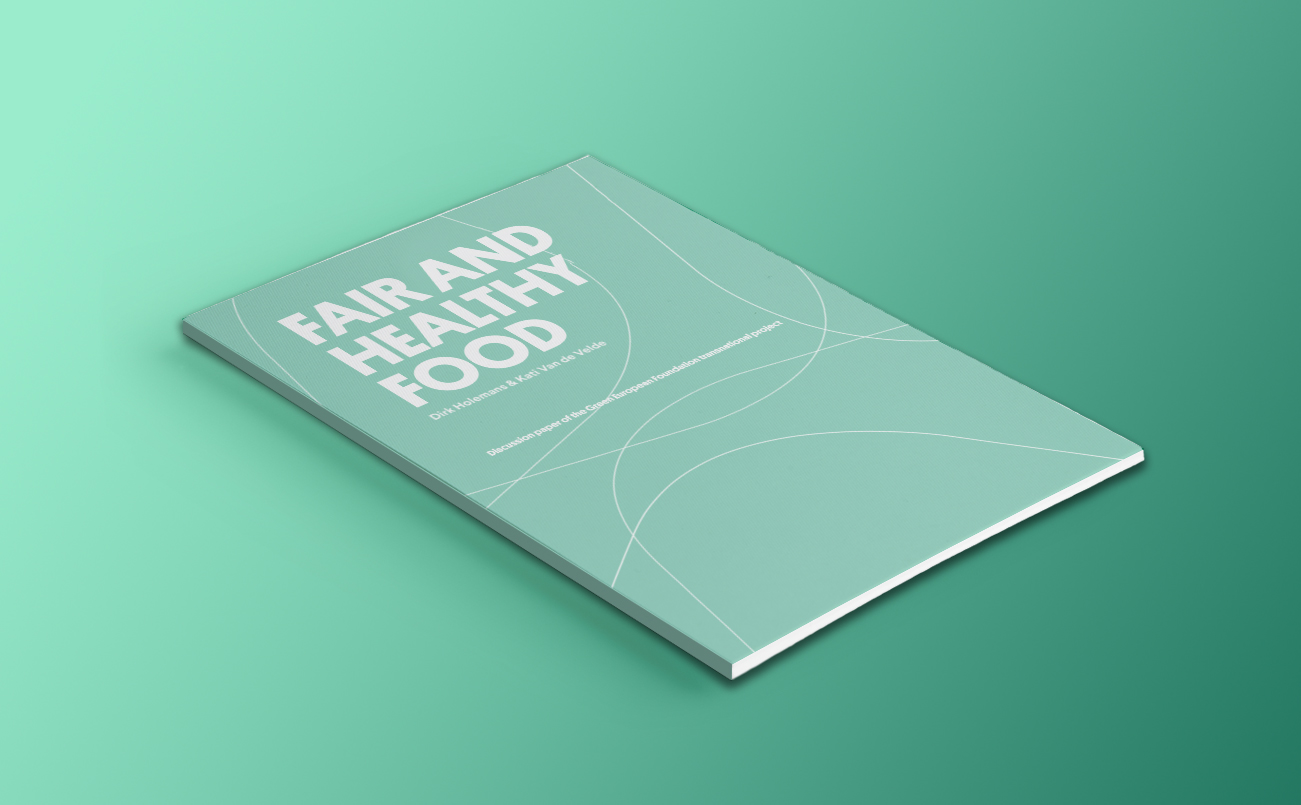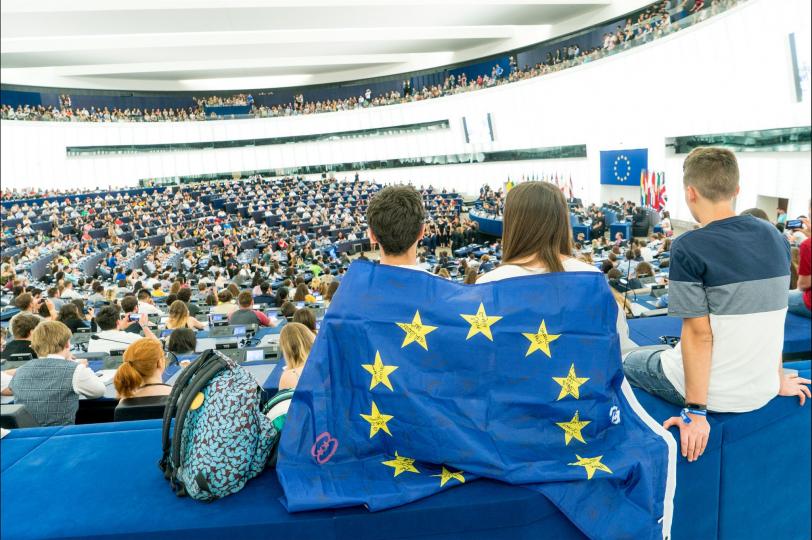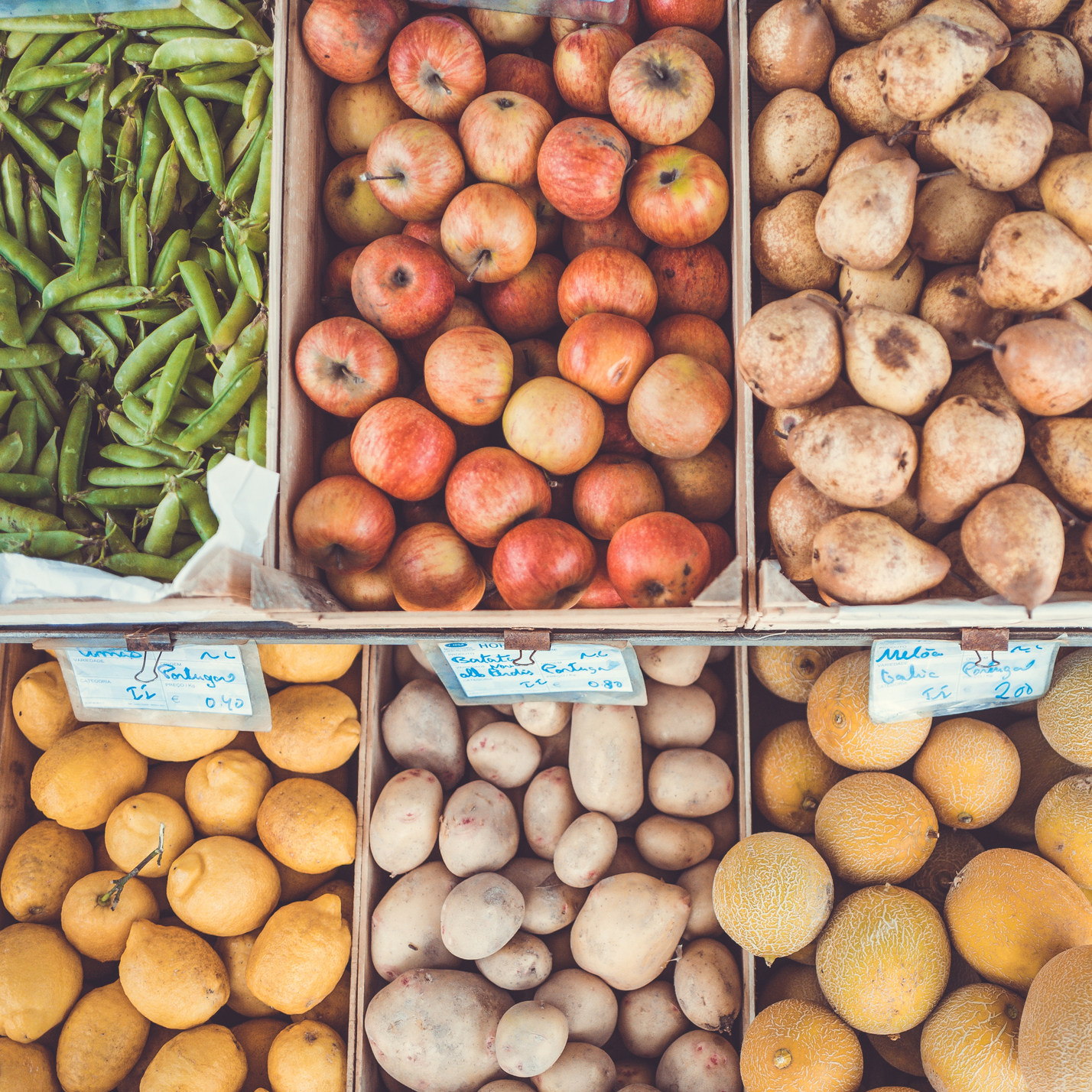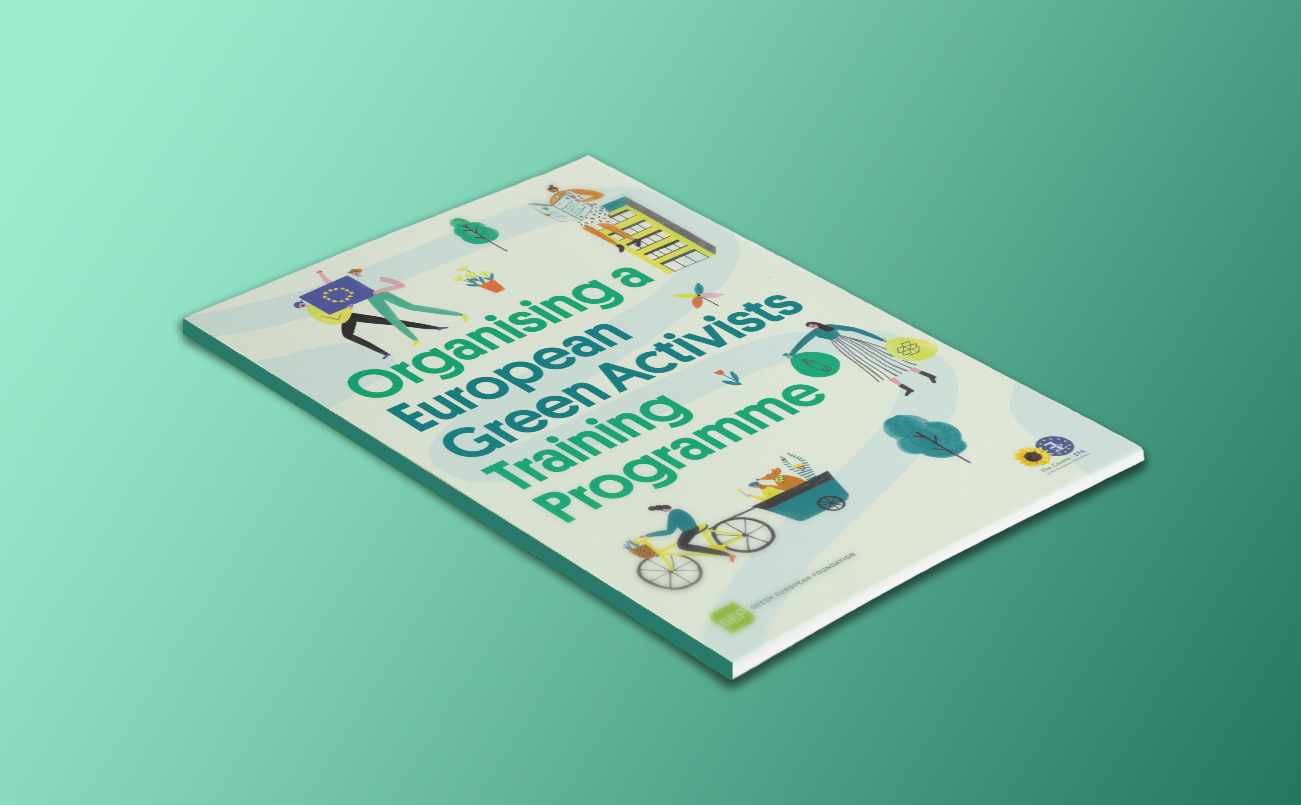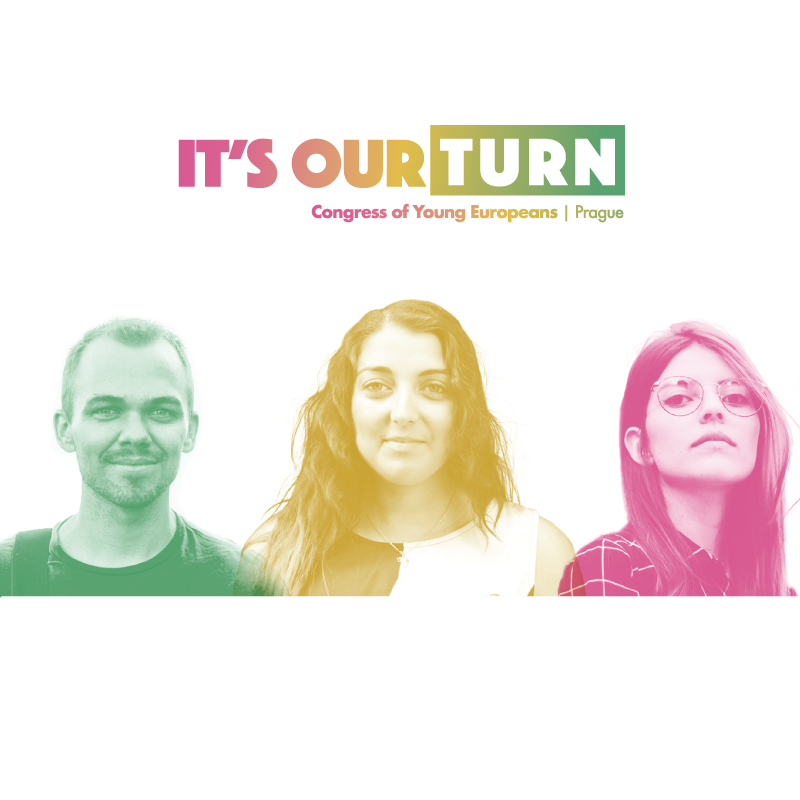About the Event
The Green Horizons Academy is an educational programme that aims to expand the ideas surrounding the green movement towards the alternative liveable future across Europe. Addressing the climate crisis and environmental issues is a home ground for the greens. Still, we need to better prepare for the forthcoming battles of narratives, where everyone is “playing the green card”.
Populists and conservative authoritarians, especially in countries with a weak green opposition, are casting a long shadow over social movements and appropriating environmentalism. Europe’s narrative of openness and solidarity has been put to the test amid the pandemic. The Academy is a space for theory and practice that can serve both for political actors to step into closer communication with the people, and for citizens to politicize the growing environmental struggles.
This year’s Green Horizons Academy’s main topic is building a successful narrative around green values that resonates with the broad public, therefore its title – THE GOOD STORY.
Over three days, we hope to inspire European green actors and raise the capacities of citizens from South-East Europe in their approach to presenting green values and agendas. GHA will also examine the resilience of the local Green political organisations and offer the space for authentic policy debates designed for and from the region. The time has come for green-minded actors to create a cultural uprising, painting our views as possible, tangible, and popular! From the academic field of political theory to the environmental activists and new movements, the Green Horizons Academy will present, discuss, and articulate democratic, feminist, sustainable and just alternatives.
Programme
The 3-day event consists of two interlinked parts:
- closed daily workshops (registered participants only, in physical space)
- public evening sessions (online) with lectures and panels covering various topics
Friday, 15 October
17:30 Welcome
18:00 – 19:15 PUBLIC SESSION: Moving of the Movements (panel): Analysis of the development cycle of the environmental movements, where are they today, what messages are they sending, and what are the roadmaps to success.
- Pablo Dominguez (Senior Eco-Anthropologist at the National Council for Scientific Research CNRS, France)
- Safet Kubat (Eco Movement Rivers of Bosnia and Herzegovina – Be the Change, PhD candidate in political ecology)
- Aleksandar Dragićević (Coalition for Sustainable Development, Montenegro)
- Žaklina Živković (Right to Water, Serbia)
- Moderator: Bojana Selaković (Civic Initiatives)
19:30 – 20:45 PUBLIC SESSION: Environmentalism Gone Rights and Wrong (panel): Populist and conservative influences in environmental struggles and our green and left alternative.
- Speaker: Balša Lubarda – an environmental sociologist specializing in environmental communication, radicalism, right-wing politics and political ideologies. He is a Doctoral candidate at the Central European University, and Head of Ideology Research Unit at the Centre for Analysis of the Radical Right, United Kingdom.
- Commentators: Olga Nikolić (Institute for Philosophy and Social Theory) and Vladan Đukanović (activist, co-author of an investigative article on far-right ecologism)
Saturday, 16 October
9:30 – 11:00 Registration and onsite rapid COVID-19 testing
11:00 – 11:30 Welcoming session – the role of the Green Horizons Academy in Europe today
- Iva Marković (Polekol) and Vedran Horvat (Green European Foundation)
11:30 – 13:00 Green Ideas – workshop introducing and discussing universal values and principles
- Nikola Palibrk Ristić and Mika Nikolić (Serbian Green Youth)
13:00 – 14:30 Lunch
14:30 – 16:00 Political ecology lecture – climate crisis, management crisis, and what does political ecology have to do with this?
- Vedran Horvat (Green European Foundation, Institute for Political Ecology, Croatia)
16:00 – 16:15 Coffee break
16:15 – 17:45 Communicating Green – workshop on how to reach hearts and minds of a broader public, while being loyal to green values and principles
- Teo Comet Kortman (Green European Foundation), Vladan Đukanović (activist)
18:00 – 19:30 PUBLIC SESSION: Story by the People for the People (panel): Choosing narratives and designing messages
- Marija Ratković (activist, founder of the Center for Biopolitical Education Biopolis, Serbia)
- Filip Balunović (Institute for Philosophy and Social Theory, Serbia)
- Sonja Dragović (KANA – Who If Not Architect group, Montenegro; PhD researcher at the
- ISCTE – University Institute of Lisbon)
- Teodor Celakoski (Možemo!, Croatia)
- Moderator: Srđan Đurović (Program Manager, Open Society Foundation, Serbia)
20:00 Dinner (Stara Hercegovina restaurant)
Sunday, 17 October
9:30 – 10:00 Coffee and gathering
10:00 – 11:30 Don’t take it outside, talk to each other! Lessons learned from work on alliances, coalitions, and networks of environmental movements about common communication strategies
- Lejla Kusturica (Balkan River Defenders alliance) and Natalija Stojmenović (Balkans United for Clean Air campaign)
11:30 – 11:45 Break
11:45 – 13:00 Reflections, conclusions, and final messages
13:00 Lunch
18:00 – 19:30 PUBLIC SESSION: The Good Story (panel): Green/left narratives put to practice. In the political arena, leverage of the greens and the left is not the force, capital or fear, rather it is the story of a happy ending, a hope for utopia where people can live a good life, in peace, equality and harmony with the planet. How to fight the power with a positive story, especially under the threats of arrests, voting manipulation, powerful far right and the burden of historical stigma? We’ll discuss how to successfully communicate affirmative narratives, what works and what doesn’t.
- Teresa Griesebner (Communist Party of Austria – Graz)
- Dobrica Veselinović (Don’t Let Belgrade D(r)own, Serbia)
- Nebojša Zelenović (Together for Serbia/Action, Serbia)
- Michal Berg (Co-chair of Czech Greens, Member of the Committee of European Greens)
- Rudi Sayat Pulatyan (Central Executive Committee Member, Green Party, Turkey)
- Moderator: Iva Marković (Polekol, Serbia)
As the output of the event, topical articles will be compiled and curated in a guidebook publication. A more detailed programme and speaker names will be shared soon!
Practicalities
The Green Horizons Academy will take place in Belgrade, Serbia from 15-17 October. The venue is the House of Civic Initiatives (Dobračina 55). The language of the event is BCS and English, and translation will be provided.
The programme will be held in a hybrid model, where selected participants are in the physical space, and evening sessions are live streamed for the public. In person participants need to apply via this link by Monday, October 4th.
Watch the public sessions live via Facebook or click on the dedicated Zoom link for each programme session to enjoy translation.
If you have any questions, please send an email to organizacija.polekol@gmail.com.
This event is organised by the Green European Foundation, with the support of PolEkol and the financial support of the European Parliament to the Green European Foundation.
